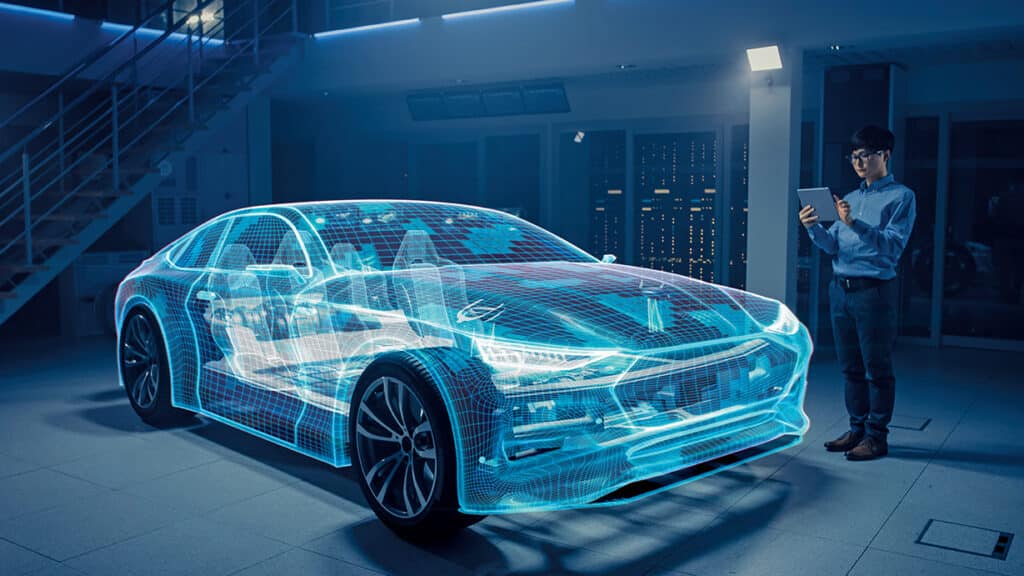The electrification of automobiles presents a multifaceted challenge, requiring intricate design and simulation. Can software tools address these complexities?

In the automotive sector, a profound shift is taking place with the transition to EVs. This movement, led by both established and new automakers, responds to the global surge in interest in EVs and aims to lower the total cost of ownership. Over the next five years, the industry is expected to see a significant rise in EV adoption.
To meet this demand, resolving challenges in EV development is essential. Critical issues include overcoming range anxiety, improving powertrain efficiency, and ensuring vehicle safety. A key area of focus is the development of lithium-ion batteries, which involves complex factors such as thermal management and requires detailed modelling, simulation, and testing in various scenarios.
Technological advancements supporting electrification span the entire process—from silicon chip design to manufacturing—with simulation models at every stage of production. The industry is undergoing a fundamental transformation in EV design and manufacturing methods. By highlighting significant technological innovations and case studies, this discussion provides a comprehensive understanding of current trends and challenges in EV development, promoting a deeper appreciation of technological advancements in the automotive sector.
Advancing battery design through simulation
Please register to view this article or log in below. Tip: Please subscribe to EFY Prime to read the Prime articles.






